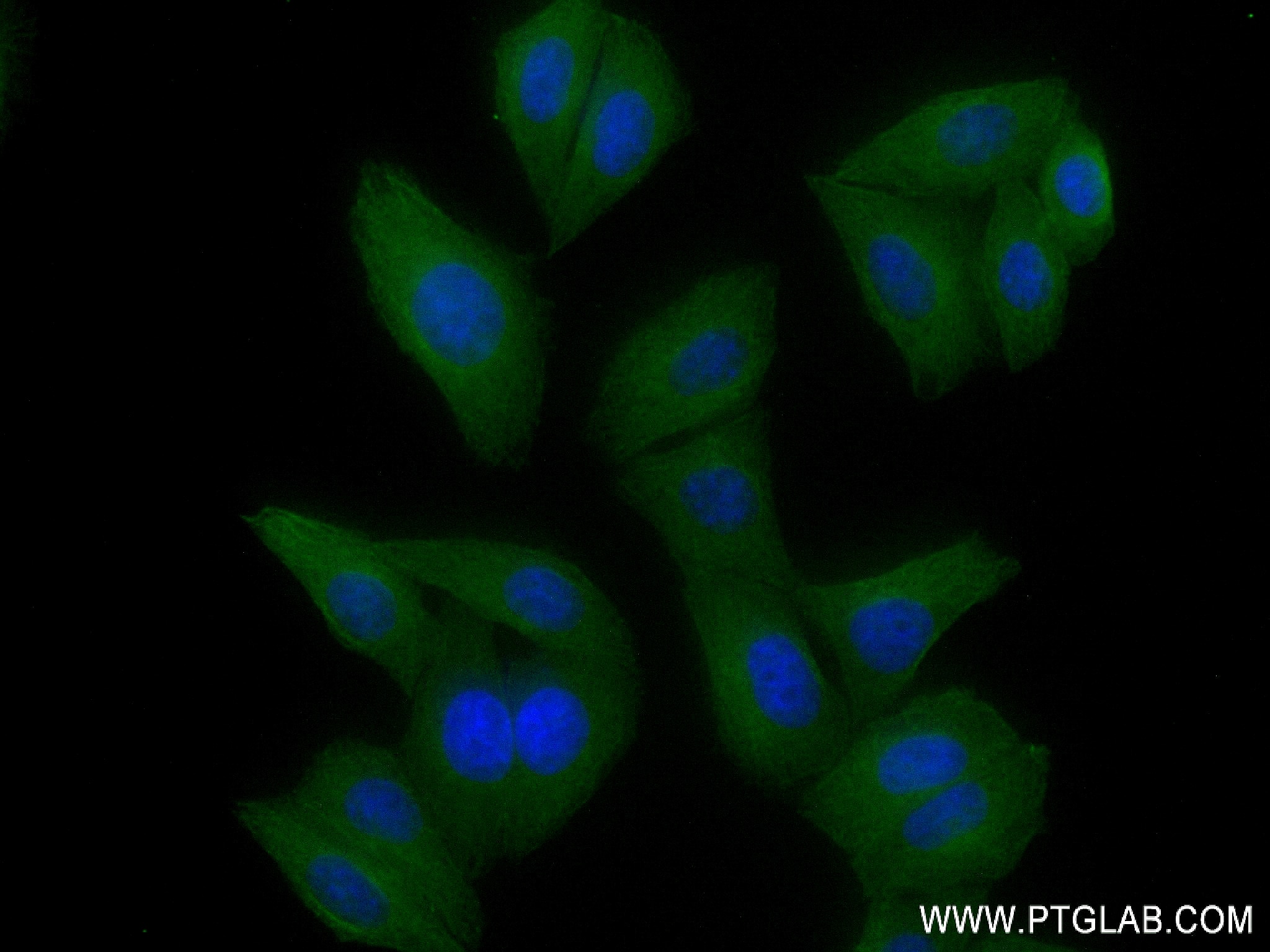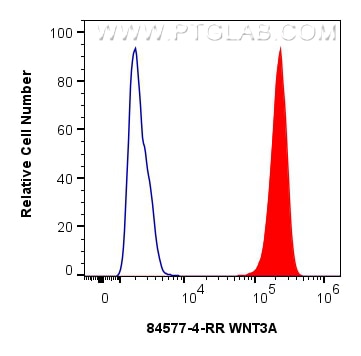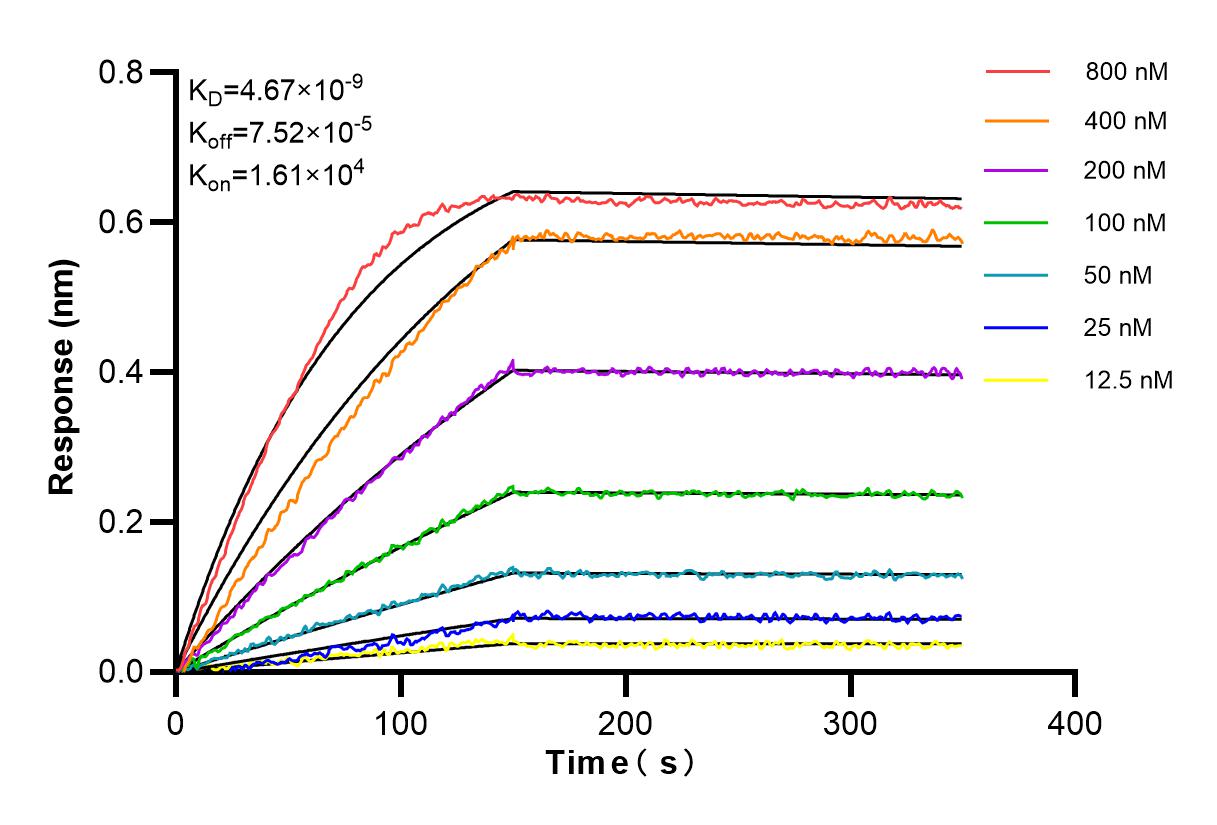Anticorps Recombinant de lapin anti-WNT3A
WNT3A Recombinant Antibody for IF/ICC, FC (Intra), Indirect ELISA
Hôte / Isotype
Lapin / IgG
Réactivité testée
Humain
Applications
IF/ICC, FC (Intra), Indirect ELISA
Conjugaison
Non conjugué
CloneNo.
241993E8
N° de cat : 84577-4-PBS
Synonymes
Galerie de données de validation
Informations sur le produit
84577-4-PBS cible WNT3A dans les applications de IF/ICC, FC (Intra), Indirect ELISA et montre une réactivité avec des échantillons Humain
| Réactivité | Humain |
| Hôte / Isotype | Lapin / IgG |
| Clonalité | Recombinant |
| Type | Anticorps |
| Immunogène | WNT3A Protéine recombinante Ag25051 |
| Nom complet | wingless-type MMTV integration site family, member 3A |
| Masse moléculaire calculée | 352 aa, 39 kDa |
| Numéro d’acquisition GenBank | BC103921 |
| Symbole du gène | WNT3A |
| Identification du gène (NCBI) | 89780 |
| Conjugaison | Non conjugué |
| Forme | Liquide |
| Méthode de purification | Protein A purfication |
| Tampon de stockage | PBS only |
| Conditions de stockage | Store at -80°C. 20ul contiennent 0,1% de BSA. |
Informations générales
WNT3A belongs to wingless-type MMTV integration site family, and abnormal Wnt signalling is often associated with severe human diseases, including cancer, osteoporosis and other degenerative disorders. WNT3A is a secreted glycoprotein that is involved in both canonical and non-canonical Wnt signaling pathways. The canonical Wnt pathway, also known as the β-catenin-dependent pathway, regulates gene expression by stabilizing β-catenin, which then translocates to the nucleus and interacts with transcription factors like TCF/LEF. It's shown to promote trophectoderm formation in embryonic stem cells. It's reported that the canonical Wnt/β-catenin signaling pathway also contributes to the carcinogenesis and progression of lung cancer cell lines. The non-canonical pathways, which are β-catenin-independent, are involved in cytoskeletal organization and cell polarity.







